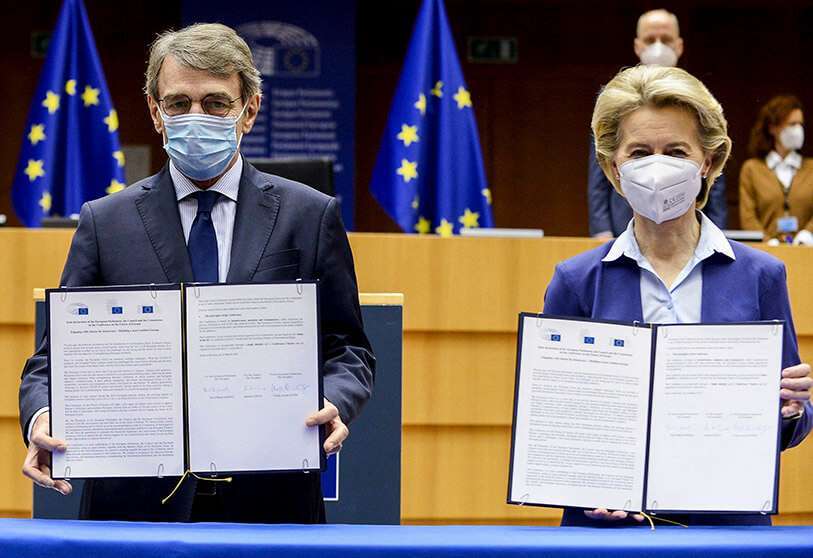Ideas for the Conference on the Future of Europe

The Conference on the Future of Europe is a European initiative, announced by President Ursula von der Leyen in July 2019, in which various issues are to be discussed. At first it seemed that it would focus on the possibility of reforms in the EU institutions, especially with regard to the enthronement of the "spitzenkandidat" (the need for the president of the European Commission to be elected by the Parliament from among the heads of the lists of the groups that stood for election), an issue that was at the centre of much of the campaign for the last European elections. Now everything seems to indicate that the issues to be addressed are much more open, ranging from other institutional reforms to migration, strengthening the rule of law, health, instruments for citizens' participation in EU decision-making, the economic crisis and others.
On March 11, the three presidents of the institutions, Sassoli for the European Parliament, Von der Leyen for the Commission and Costa for the Council of the European Union, signed the institutional declaration launching the Conference and announced that it would begin its work on May 9, a year later than planned.

Some of the ideas proposed for the Conference are
A) Importance of the Conference on the Future of Europe (CFE) in the short, medium and long term.
It is essential and urgent to have a Conference on the future of Europe that not only establishes its objectives in the short, medium and long term, but also the possibility and the means to achieve them, with the real commitment of the political wills that have to carry them out.
B) Most important issues that should be addressed in the CFE.
I suggest three axes:
- Political will.
- Imperative demand for the rule of law.
- Concrete institutional reforms.
B.1) By the expression "political will", two things are meant. The first is to determine whether the parties called upon to put the CFE agreements into effect are really determined to do so. The second should apply if the first is not possible, and that is to follow strictly the technique of capabilities versus desires.
B.2) The rule of law, to be effective, must consist of three pillars. The recognition and guarantee of human rights and freedoms, and the real and effective separation of the powers of the State, with balancing mechanisms, following the rule that power restrains power, and as the pinnacle of all this, a Constitution, the supreme and true rule of law, which binds rulers and ruled alike.
B.3) Specific institutional reforms on democratic legitimacy, executive power, foreign policy and defence policy.
Prof. Dr. Daniel Berzosa, member of the Scientific Committee and the Global Academy of Citizens pro Europe
